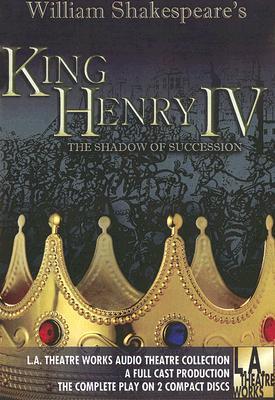What do you think?
Rate this book


1 pages, Audio CD
First published August 11, 1600
"A su rebeldía nunca le han faltado tales tintes para colorear su causa, ni ceñudos mendigos con hambre de saqueos desatados y violencias"
"El Rumor es una flauta en la que soplan creencias, recelos, conjeturas, y tocarla es tan fácil y sencillo que hasta el vulgo veleidoso y discordante, torpe engendro de innúmeras cabezas, sabe hacerla sonar"